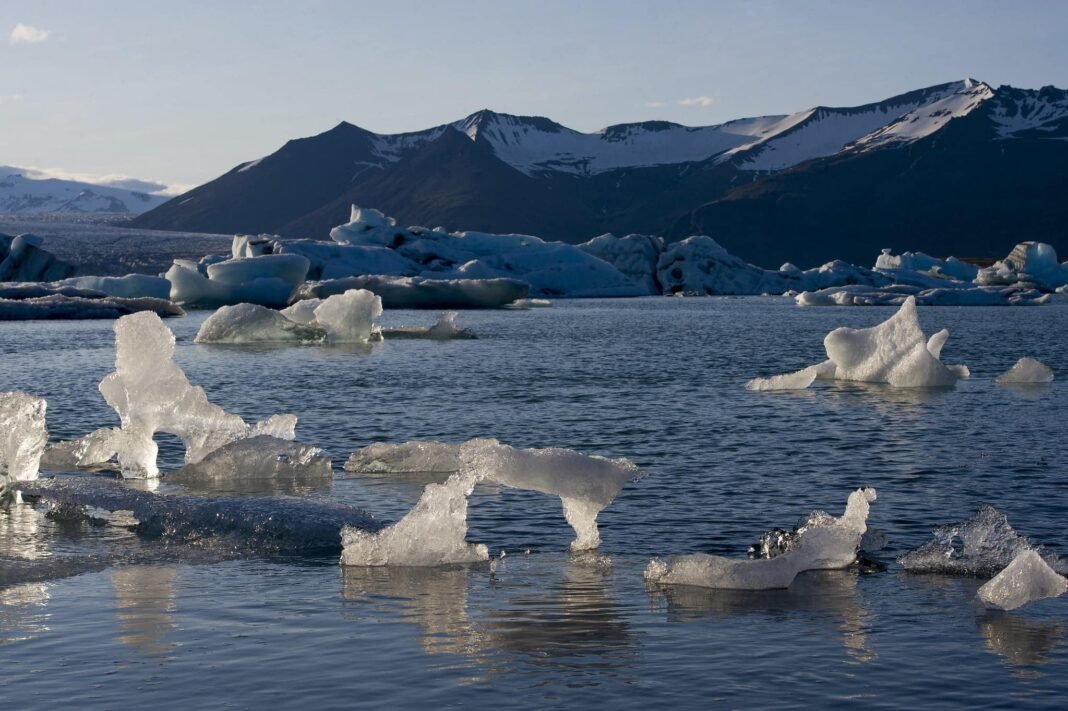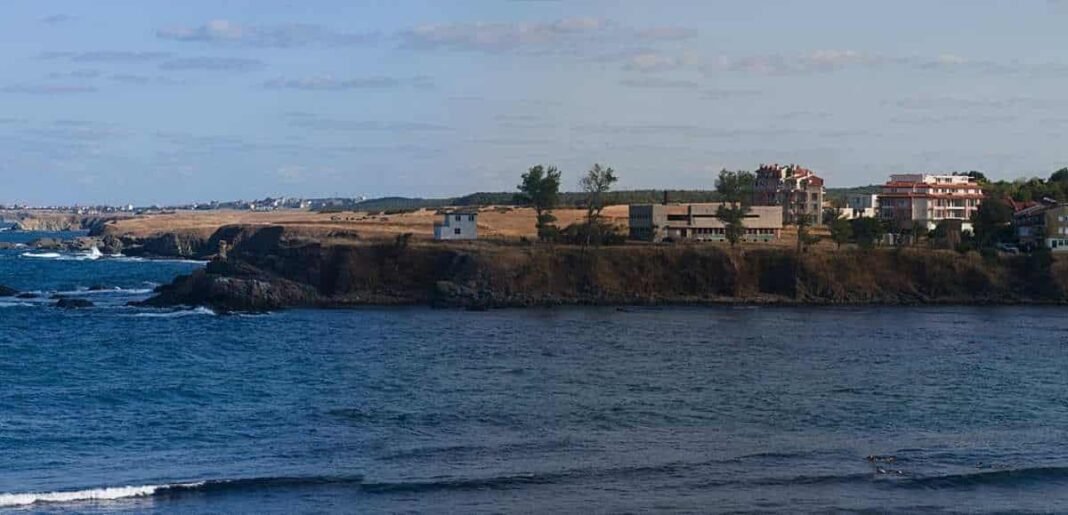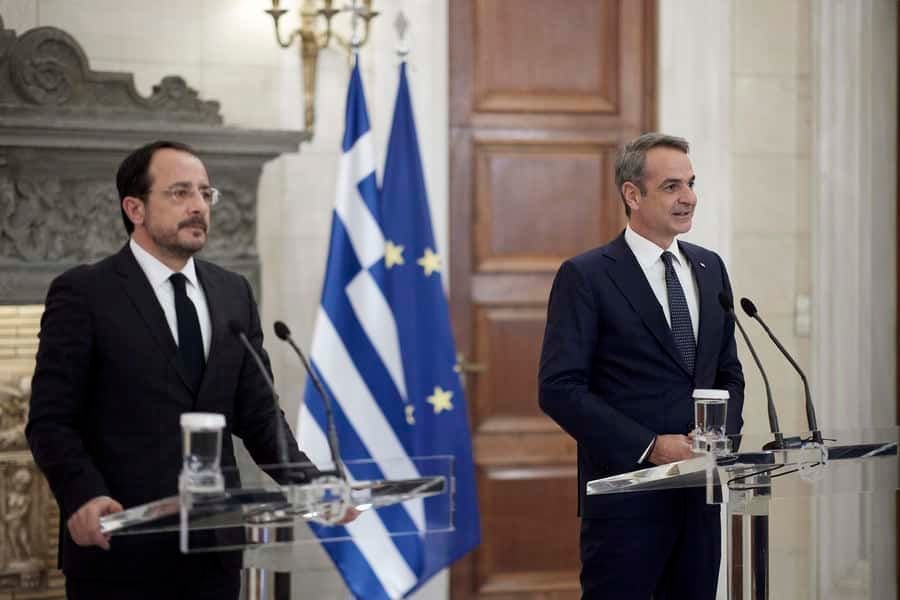
Iceland has declared the possible collapse of a major Atlantic Ocean current a national security risk and an “existential threat,” saying the move will let the government plan for worst-case scenarios as several scientists warn a shutdown could plunge parts of the Northern Hemisphere into a modern-day ice age.
The Atlantic Meridional Overturning Circulation, or AMOC, carries warm tropical water northward and helps keep Europe’s winters mild. Scientists say warming and an influx of cold freshwater from Greenland’s melting ice sheet could weaken or even collapse the flow, with consequences that span beyond the North Atlantic.
“If it collapses, winter temperatures across Northern Europe could plummet to new cold extremes, bringing far more snow and ice,” Iceland Climate Minister Jóhann Páll Jóhannsson said in an email. He told The Associated Press that elevating AMOC to a national security issue means Iceland’s ministries will coordinate responses and assess what research and policies are needed, including a disaster preparedness policy.
Collapse of Atlantic Ocean current triggered Earth’s last Ice Age
Researchers warned that the AMOC has shut down in Earth’s past, including events preceding the last Ice Age about 12,000 years ago, and say the risk of abrupt change is rising as global temperatures climb. “The science is evolving quite rapidly, and time is running out to do anything about it because the tipping point may well be quite close,” said Stefan Rahmstorf, an oceanographer at Germany’s Potsdam Institute for Climate Impact Research.
The potential ripple effects are broad. Scientists say a collapse could destabilize long-standing rainfall patterns that millions of subsistence farmers rely on across Africa, India, and South America, and could accelerate warming and ice loss in Antarctica. “Sea ice could affect marine transport; extreme weather could severely affect our capabilities to maintain any agriculture and fisheries, which are central to our economy and food systems,” Jóhannsson added.
Nordic and European governments are taking the warnings seriously. A workshop funded by the Nordic Council of Ministers in October, dubbed “Nordic Tipping Week,” convened about 60 experts to assess societal impacts and is finalizing recommendations. Scientists from more than 30 universities and international organizations recently sounded the alarm about the accelerating thawing of the world’s frozen spaces.
“There are tons of research on the likelihood of when exactly things are going to happen,” said Aleksi Nummelin, a physical oceanographer at the Finnish Meteorological Institute, cited by Reuters. “There is much less on what the actual societal impact is.”
An international effort is boosting research into the subject
Some national weather and climate agencies have briefed political leaders and are boosting research. Ireland’s weather service said it briefed the country’s prime minister last year and a parliamentary committee last month. Norway’s environment ministry said it is funding research to deepen understanding before deciding whether to classify AMOC as a security risk.
Britain, while saying an abrupt collapse this century appears unlikely, has directed more than 81 million pounds ($106M) into research to pinpoint when Earth’s climate systems might be pushed past tipping points.
Iceland’s action is notable because it is the first time, the minister said, that a specific climate-related phenomenon has been formally brought before the country’s National Security Council as an existential threat. The designation will keep ministries on alert and prompt interagency planning that spans energy, food security, infrastructure, and international transportation.
Scientists caution that uncertainty remains about exactly when and how a collapse could occur. But with Greenland losing ice at accelerating rates and fresh meltwater increasingly entering the North Atlantic, some researchers say the possibility of large-scale disruption cannot be ignored. “Iceland cannot afford to wait for definitive, long-term research before acting,” Jóhannsson said.


